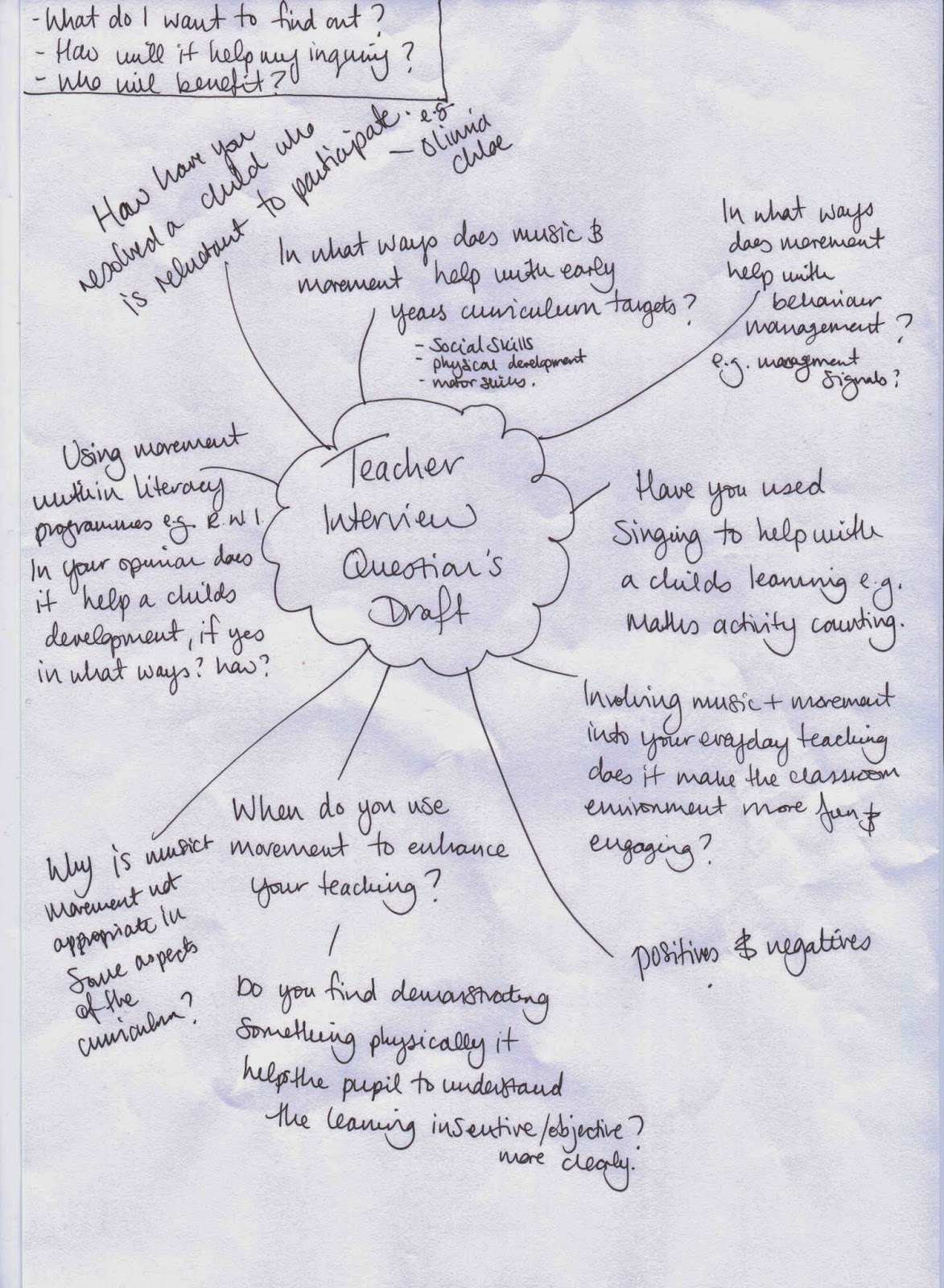·
BA Hons Professional Practice (Musical Theatre)
·
BA Hons Professional Practice (Performing Arts)
However, throughout my
performing career I have taught singing for many establishes companies and
worked within primary schools as a Teaching assistant gaining vast experience
teaching pupils from the ages of 3-18 years old. My current professional
practice is based working with foundation stage pupils (aged 3-5 yrs) where I have
found a true passion to persue a career in teaching. I wish to use my BA Hons Professional
Practice degree to complete a PGCE/QTS
course to enable me to become a fully qualified teacher, if it be in Performing
Arts or Early Years. So, I have thought
about creating my own title:
·
BA Hons Professional Practice (Performing Arts &
Teaching)
·
BA Hons Professional Practice (Performing Arts & Early
Years)
However, involving ‘Teaching’
and ‘Early years’ to my award title restricts the possibilities for future
opportunities, if I keep it to just ‘Performing
Arts’ its left open to develop all areas of singing, dancing and acting. Also
with all my past experience in performing it would be a shame not to credit the
years I’ve spent doing it. I have chosen a line of inquiry that link both my
passions together and as a final result I
personally feel the best award title for me is:
·
BA Hons Professional Practice (Performing Arts)
Award Title Rationale Draft:
Having gained a Diploma in
Professional Musical Theatre and worked professionally as a performer singing,
dancing and acting I feel I have lots of knowledge and experience within this
field. Through out my professional
career I have always had a passion for teaching. Currently teaching singing to
pupils aged 3-18 yrs I use the skills and techniques I have gained from my
training and performing experiences to enahnce my teaching style and method.
As well as peforming
experience I have worked as a teaching assistant in a variety of educational
settings working with pupils aged 3-18 yrs. Within this practice I have gained
a true passion in foundation stage teaching.
Following my BA Hons professional Practice degree I wish to persue a
PGCE/QTS course to enable me to become a fully qualified teacher if it be
within early years or performing arts as
they are both my passion. This title will provide many career opportunities for
the future if it be in teaching or performance related. Within this course my aim is to develop and
improve my already established skills within my chosen field using varied and
previously unexplored media and techniques, that help me achieve and fulfill future
targets within education and employment.

